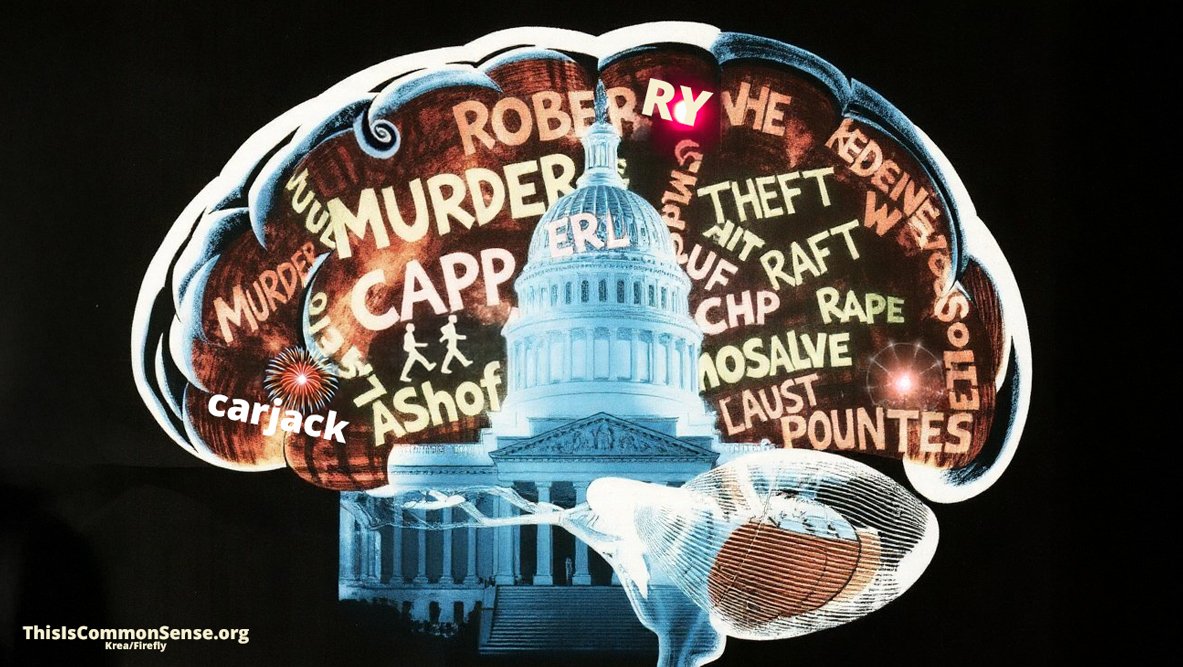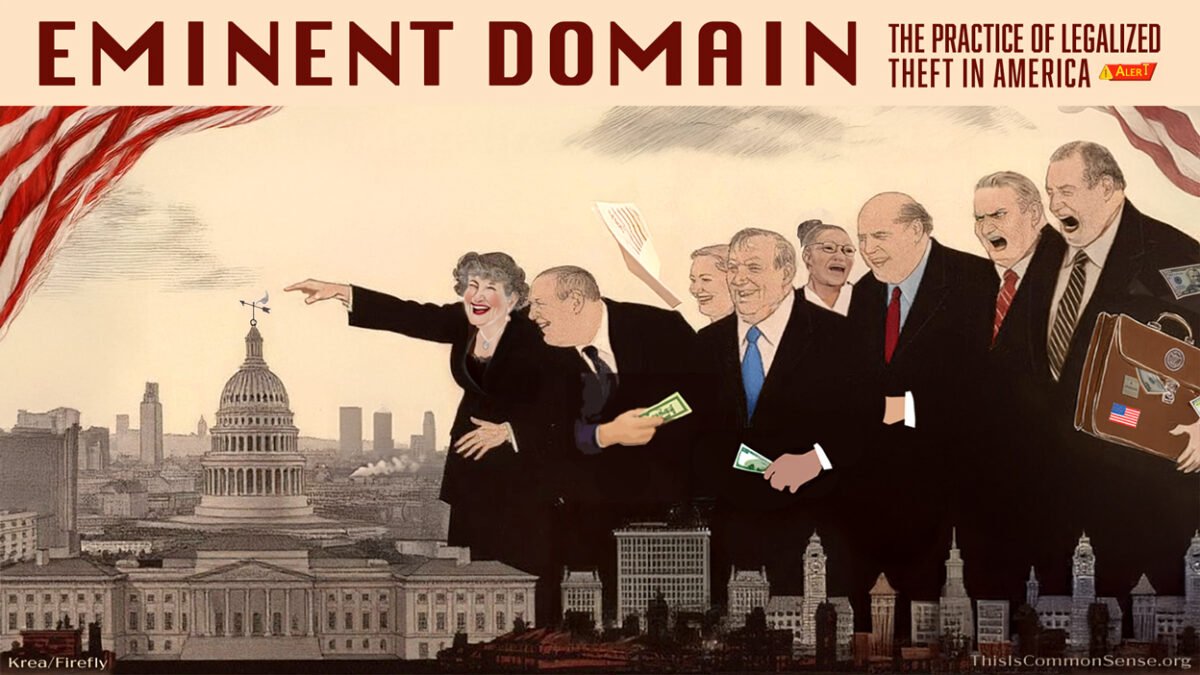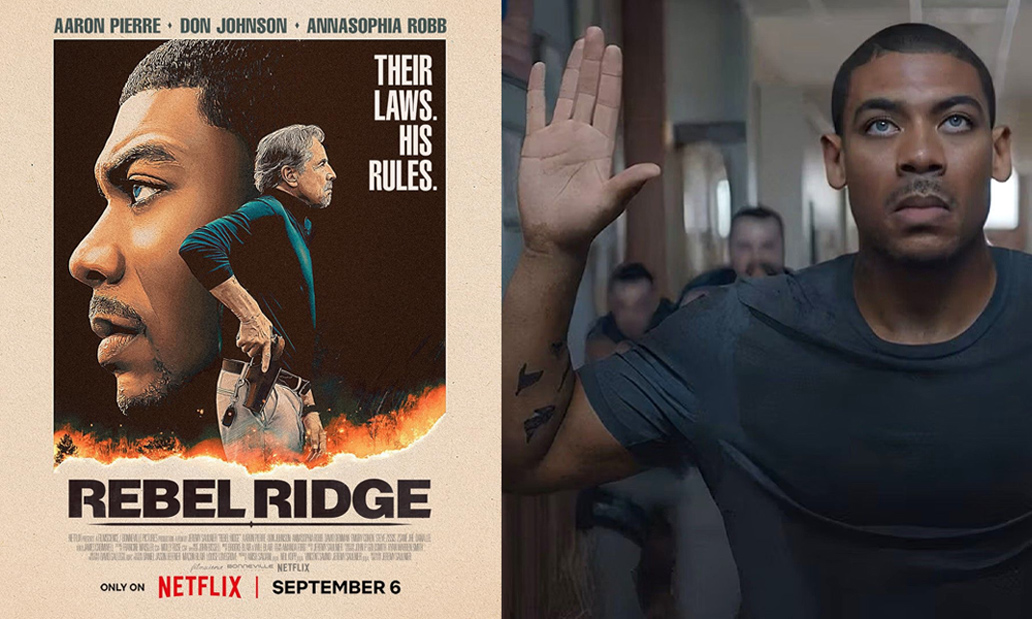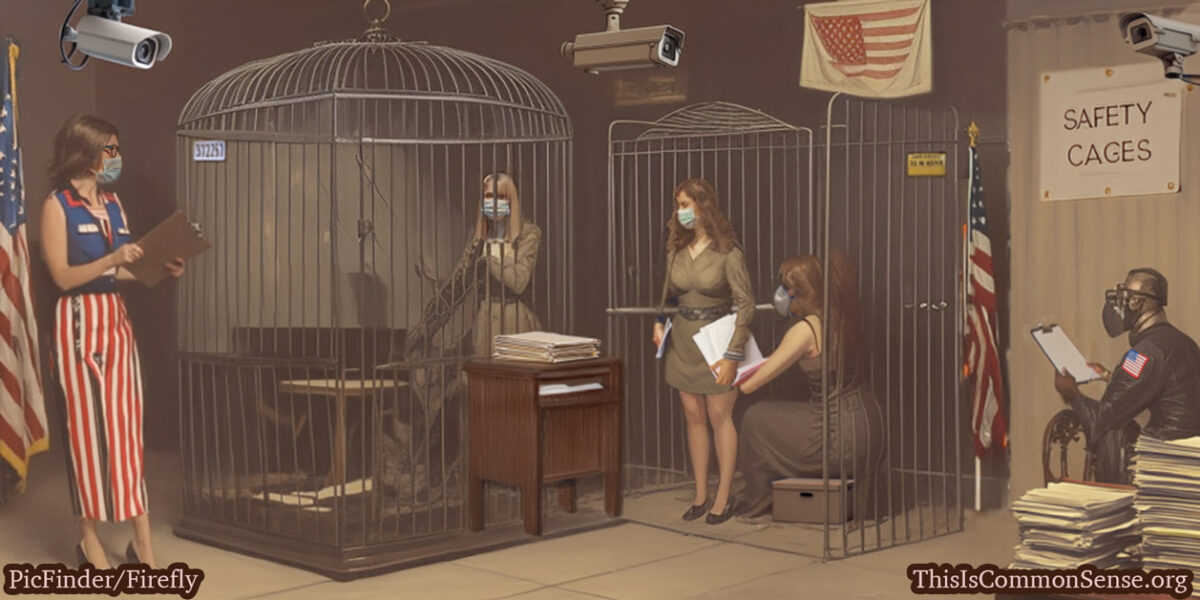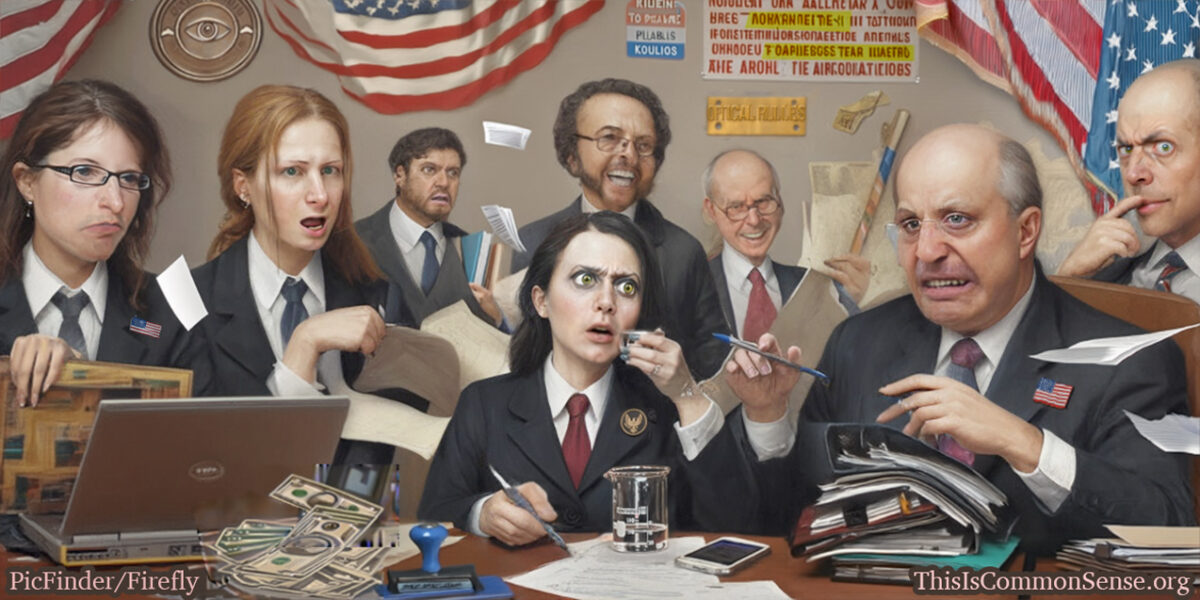Six Democrats in Congress — Arizona Sen. Mark Kelly, Michigan Sen. Elissa Slotkin, U.S. Representatives Jason Crow of Colorado, Maggie Goodlander of New Hampshire, and Chris Deluzio and Chrissy Houlahan of Pennsylvania — caused quite a stir, recently, producing a video “to speak directly to members of the Military and the Intelligence Community.”
What did these former military and intelligence agency vets-turned-congressmen tell our current soldiers and spooks?
“You can refuse illegal orders.”
While that’s true, and important … what orders are they talking about?
Perhaps the continued bombing of ships in the Caribbean and killing of crews, all on accusations by the White House that these are drug smugglers — without any check or real accountability — is such a case.*
Yet, these powerful senators and representatives are not making it.
Instead, they’ve not even identified one breach. And by refusing to identify any of President Trump’s specific orders, their call devolves into second-guessing the chain of command and encouraging dissension in the ranks, dissuading military personnel from always being “at the ready.”
Further, these wielders of legislative power in Washington have taken no serious action to protect the Constitution nor promoted any legislative action to hold executive action accountable.
Instead, they pass the buck to the soldier (or CIA analyst) to determine the legality of orders on the fly.
As Haley Fuller wrote at Military.com last week, “[A]sking individual service members to make on-the-spot legal judgments without guidance can put them at enormous personal risk.”
Was this Democrat video “SEDITIOUS BEHAVIOR, punishable by DEATH!” as Trump posted on social media? I don’t think so.
It is, however, tragically emblematic of the complete and total abdication of responsibility by these pretend leaders in Congress.
This is Common Sense. I’m Paul Jacob.
* Reminds me of President Obama’s policy of killing American citizens abroad by drone strikes without, as even he acknowledged, any real process of checks and accountability. Thank goodness for Sen. Rand Paul’s 2013 filibuster raising concerns about this unaccountable power to execute.
Illustration created with Nano Banana and Firefly
See all recent commentary
(simplified and organized)
See recent popular posts



